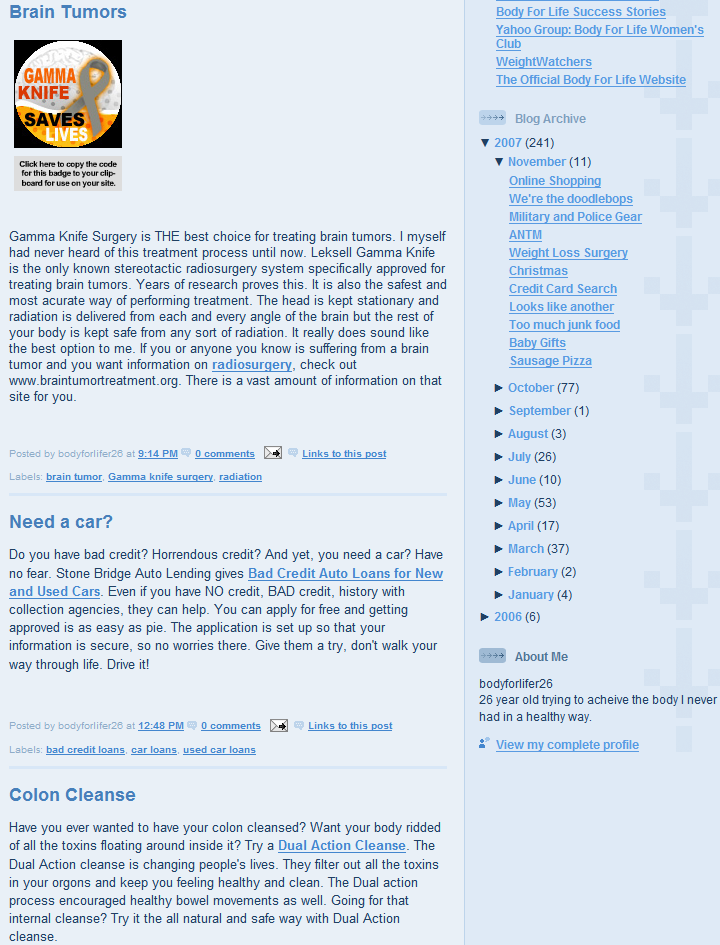Paid posts should not affect search engines
Normally I wouldn’t weigh in on “sponsored conversations,” because I’ve talked about similar subjects before, but it’s worth reiterating Google’s position on paid posts that pass PageRank and why we feel that way. Here’s the short version as a comment that I left on Jeremiah Owyang’s blog: Clear disclosure of sponsorship is critical, and that includes disclosure for search engines. If link in a paid post would affect search engines, that link should not pass PageRank (e.g. by using the nofollow attribute). Google — and other search engines — do take action which can include demoting sites that sell links that pass PageRank, for example.
We do take the subject of paid posts seriously and take action on them. In fact, we recently finished going through hundreds of “empty review” reports — thank you for that feedback! That means that now is a great time to send us reports of link buyers or sellers that violate our guidelines. We use that information to improve our algorithms, but we also look through that feedback manually to find and follow leads.
I wanted to talk for just a minute about *why* we dislike paid posts that pass PageRank. Let me go back to an example I’ve given before about how they can be bad. I believe these were paid posts:

The paid post at the top happens to be about brain tumors, which is a really serious subject. If you are searching for information about brain cancer or radiosurgery, you probably don’t want a company buying links in an attempt to show up higher in search engines. Other paid posts might not be as starkly life-or-death, but they can still pollute the ecology of the web.
Marshall Kirkpatrick makes a similar point over at ReadWriteWeb. His argument is as simple as it is short: “Blogging is a beautiful thing. The prospect of this young media being overrun with “pay for play” pseudo-shilling is not an attractive one to us.” I really can’t think of a better way to say it, so I’ll stop there.
www.mattcutts.com
published @ March 3, 2009